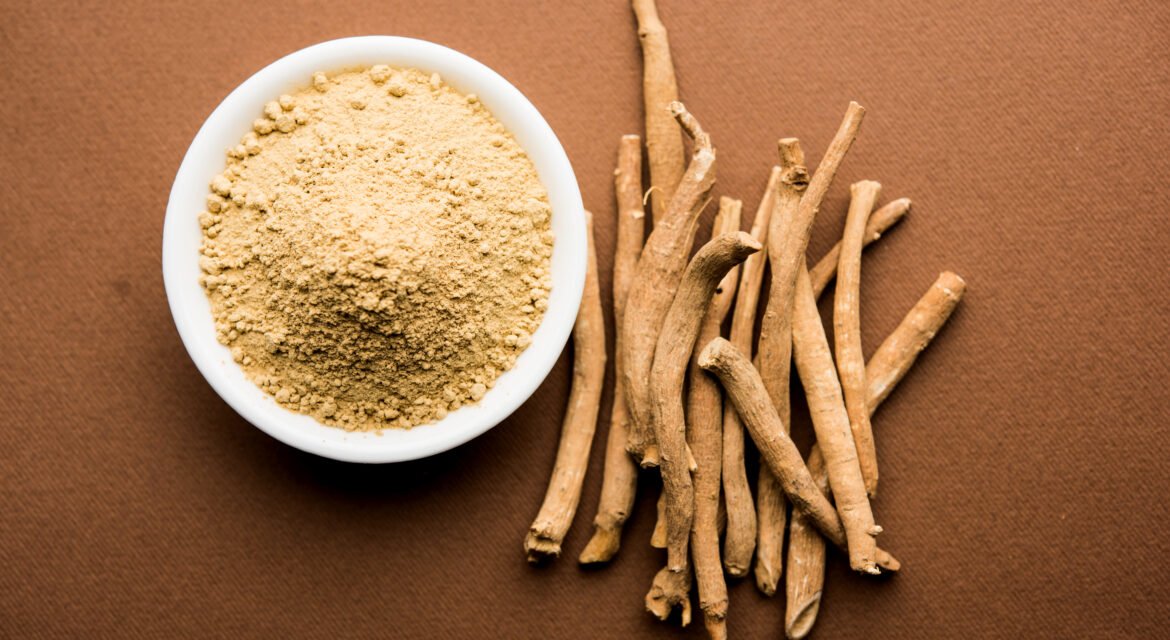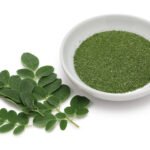 17 September 2025
17 September 2025The Science Behind Ashwagandha: Ancient Herb, Modern Benefits
Ashwagandha, also known as Withania somnifera, is one of the most revered herbs in Ayurvedic medicine. Traditionally hailed as a powerful adaptogen—an herb that helps the body manage stress—Ashwagandha has made its way into the modern wellness spotlight. But what makes it so effective? Let’s dive into the science behind Ashwagandha and explore how ancient wisdom is now being validated by modern research.
A Glimpse into Ashwagandha’s Ayurvedic Legacy
For thousands of years, Ashwagandha has been used in Ayurveda to boost vitality, enhance immunity, and improve mental clarity. In Sanskrit, “Ashwa” means horse and “Gandha” means smell, reflecting the belief that the herb imparts the strength and stamina of a horse. It was commonly prescribed to restore balance in the body, particularly for individuals experiencing fatigue, nervous exhaustion, and anxiety.
Its roots, which contain the highest concentration of active compounds, are the primary part used in supplements, powders, and traditional formulations.
What Makes Ashwagandha So Powerful?
The main bioactive compounds in Ashwagandha are called withanolides. These naturally occurring steroids have been found to possess anti-inflammatory, antioxidant, and anti-stress properties. Along with alkaloids, saponins, and flavonoids, withanolides play a key role in the herb’s wide range of health benefits.
Modern scientific studies have confirmed many of the traditional uses of Ashwagandha, showing its potential in improving various aspects of physical and mental health.
Modern Benefits Backed by Science
Let’s explore the top science-backed benefits of Ashwagandha in today’s context:
1. Reduces Stress and Anxiety
Chronic stress is one of the most common health concerns today. Ashwagandha has been shown to significantly reduce cortisol levels—the hormone responsible for stress. Studies have found that individuals who supplemented with Ashwagandha experienced lower anxiety scores and better stress response compared to those who took a placebo.
This makes it a powerful natural remedy for people facing high-pressure jobs, emotional burnout, or long-term anxiety.
2. Improves Sleep Quality
Insomnia and poor sleep quality are often associated with stress and nervous system imbalances. Ashwagandha helps regulate the body’s sleep cycle by calming the mind and reducing cortisol. A clinical trial published in the Cureus Journal of Medical Science in 2020 found that Ashwagandha supplementation improved sleep quality and helped people fall asleep faster.
This herb is increasingly being recommended as a safe, natural sleep aid, especially in powder form consumed with warm milk before bedtime.
3. Enhances Brain Function
Ashwagandha supports cognitive health by reducing oxidative stress in the brain and promoting the regeneration of nerve cells. Studies have shown improvements in memory, reaction time, and task performance among individuals who consumed Ashwagandha regularly.
It is especially beneficial for older adults and individuals at risk of neurodegenerative diseases like Alzheimer’s or Parkinson’s.
4. Boosts Immunity and Energy
In Ayurveda, Ashwagandha is known as a Rasayana—a rejuvenating tonic. Modern studies confirm its role in strengthening the immune system. By reducing inflammation and oxidative damage, it helps the body defend against infections.
It also helps improve stamina and energy levels by enhancing mitochondrial function and reducing fatigue. This makes it ideal for those recovering from illness or looking to boost their physical endurance.
5. Regulates Blood Sugar and Cholesterol
Several clinical studies have shown that Ashwagandha can lower blood sugar levels in both healthy individuals and those with diabetes. It improves insulin sensitivity and regulates glucose metabolism.
Additionally, it may help reduce bad cholesterol (LDL) and triglycerides, supporting heart health naturally.
6. Supports Hormonal Balance
Ashwagandha helps balance hormones in both men and women. In men, it is known to improve testosterone levels and sperm quality, enhancing fertility and vitality. In women, it can support hormonal balance during menstruation and menopause by reducing stress and inflammation.
Why Choose Ashwagandha Powder?
Ashwagandha is available in various forms—capsules, tablets, tinctures, and powders. Among these, Ashwagandha powder remains the purest and most traditional way to consume the herb. It contains no added preservatives or binders and allows for easy customization of dosage. You can mix it with warm milk, ghee, honey, or even herbal teas, depending on your needs.
The powder form also provides better absorption in the digestive system, enhancing its therapeutic effects.
Final Thoughts
Ashwagandha is not just a part of ancient Ayurvedic traditions—it is a scientifically backed herb with powerful effects on the body and mind. As more people turn toward natural remedies, Ashwagandha stands out as a symbol of the harmony between traditional wisdom and modern science.
Whether you’re seeking better sleep, lower stress, or improved vitality, this wonder herb offers a natural path to balance and wellness. And when consumed in its purest powder form, it brings you closer to the time-tested benefits that have supported human health for centuries.





